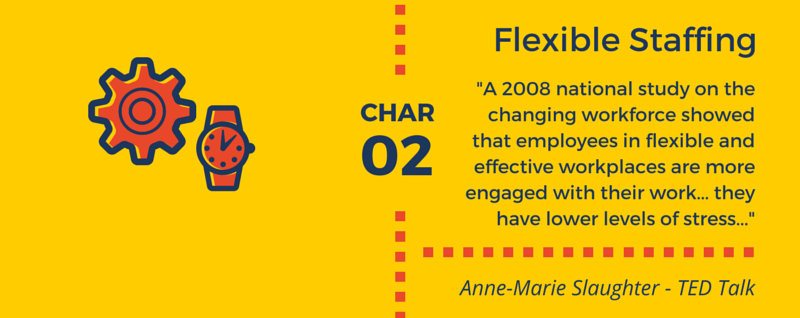All cardiac care professionals could see more professional development, opportunity.
With the switch to value-based medicine, more nurses are becoming hospital CEOs reads an article published online today in Hospitals & Health Networks Magazine.
Three hospitals in the six-hospital Memorial Healthcare System in Florida are now run by nurses—for RNs, it seems, the career ladder has grown longer, with more nurses climbing higher in healthcare management.
Beyond Florida, an August 2016 article in Becker's Hospital Review listed 33 nurses who transitioned to hospital CEOs.
Why are more hospitals tapping nurses to run the organization? Management competencies are changing, says Lamont Yoder, RN, of the American Organization of Nurse Executives to H&HN Magazine's Maggie Van Dyke.
Continue reading Career ladders getting higher for nurses—what about allied health?


